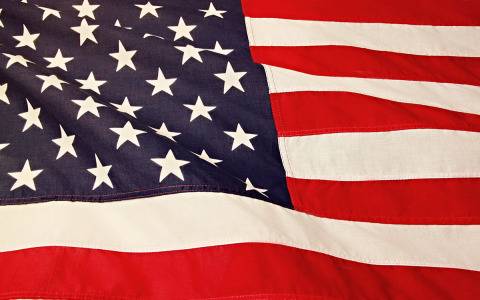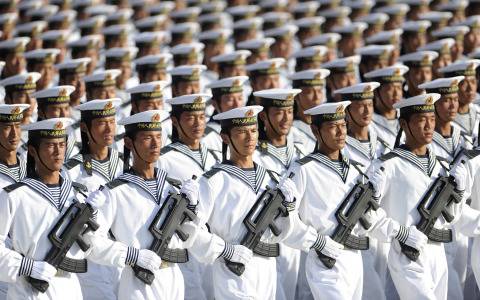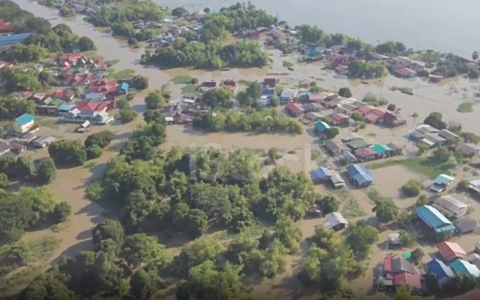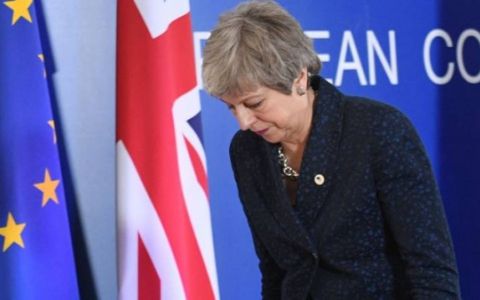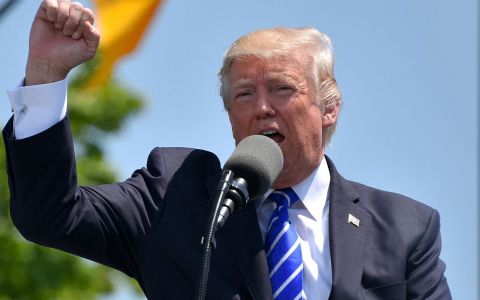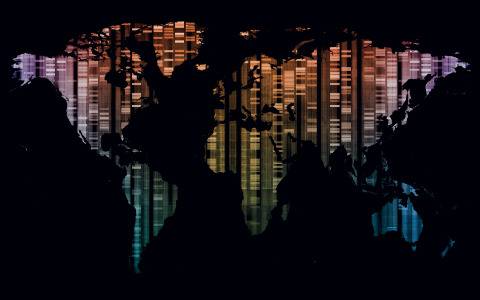As the global commodity price cycle begins its downward swing, Russia is set to be hit hard, forcing Putin to reassert himself – unless the West acts first David Murrin The impending worldwide recession will act as the final stage in the decline of commodity prices that has been happening since 2011, bringing political as well as economic risks for countries whose revenues are commodity-price dependent – such as Russia.
It should come as no surprise that Russia is essentially a commodity-dependent economy. When, in its most recent empire form as the USSR, it faced off against the US in the cold war, this defining characteristic shaped the nature of the standoff – which was in essence a struggle between a commodityproducing system and a commodity-consuming one (the West).
So when prices increased from 1950 into the 1975 peak – the upward-trending half of Nikolai Kondratiev’s 50-year k-wave commodity cycle – the USSR looked like it was winning. But when prices then dropped down the other side of the 1975 peak, the reverse happened. Ultimately the economy of the USSR collapsed as its massively high defence spending could not be maintained by the lower prices of commodities into the 1990s.
Run the clock forward to Putin’s Russia today. From 2000 to 2012 Putin’s position was cemented by high commodity prices, which made him look a heroic leader. However, since 2012 those prices have fallen and thus so has Russia’s economic wealth – a situation made worse by the twin forces of the kleptocracy imposing inefficiencies on the nation and western sanctions. It is testament to Putin’s power as a leader that he has managed to stay in office for so long. However, a crisis may soon be upon him, as the global economy moves into a deep recession or depression in the next 18 months and the economy of Russia weakens further.
While the general Russian population like the fact that Russia is now strong again under Putin, many (of those who were able to do so) have left the country to work elsewhere. Additionally, there are signs of dissent in what is left of the democratic process in Russia. This can only be expected to become more pronounced in the months ahead as Alexei Navalny, the opposition figurehead, gains traction. We can assume Putin is becoming increasingly desperate. One sign of this, which should concern the West, has been the sale of Russian jet engine technology to China in the past few years. This has given China a leap forward in the one area of fighter construction on which it had previously lagged behind. This technology transfer could be seen as cementing the alliance between Russian and China, but another equally worrying interpretation is that it was an act of desperation as Russia needed the money.
For the West, Putin’s impending crisis could be an opportunity for rapprochement, to bring Russia back into the western fold and draw it away from China. This would play a key strategic role in surrounding and isolating China. However, if the West continues to use sanctions against Putin it risks being made the scapegoat for his economic failure – and he could start a conflict to distract the Russian population and externalise the threat rather than take the blame.
There can be little doubt that Putin sits at the head of a police state, and there is no denying his actions have repeatedly sought to destabilise the western world. The question is what has driven these actions. Unlike China, Putin is not an implacable ideological enemy of democracy, but rather one who perhaps seeks the respect that the West never gave Russia when it collapsed at the end of the cold war. In the second world war the western nations made an ally of Stalin, who was arguably ten times worse than Putin. The key to building a new working relationship would be to give Putin the respect he craves as an equal partner in the western sphere of influence.
From the West’s perspective, the idea that the alliance between Russia and China might become stronger in the years ahead is our worst strategic nightmare. Conversely, for Putin winning a conflict against the West, leaving it standing next to an unconstrained China, is an equal nightmare.
With such choices ahead of us, there is only one option: a swift western drive to bring Russia back into the western fold. We need an entente cordial. Ultimately Russia fears China as much as the West does, but is for now caught in the middle – pushed there by a revolution in Ukraine inspired by Obama to avenge a slight over the Syrian chemical red line. This strategic error of major consequence needs to be urgently reversed by the West – otherwise it could face more unintended consequences. Inviting Russia back into the G8 would be an excellent start.
One last comment: Russia is not alone as a commodity producing country facing political upheaval at the next low of the commodity cycle in 2020. As a general warning, any nation that predominantly derives its economic revenue from commodities will be a risk of social unrest and geopolitical aggression to divert attention from internal descent. Saudi Arabia is a case in point.
David Murrin’s career has taken him from searching for oil in Papua New Guinea in the 1980s as a geophysicist, to the trading floor of JP Morgan in the late 1980s, to building his own hedge funds in the 1990s and then in the late 2000s building an African agricultural agglomerate. After successfully selling those funds he has been building new businesses that align with his view on the world. One of which is his Global forecaster Advisory business that helps CEOs guide their business through the challenging Macro markets and Geopolitical waters of today world. He writes prolifically. www.davidmurrin.co.uk


